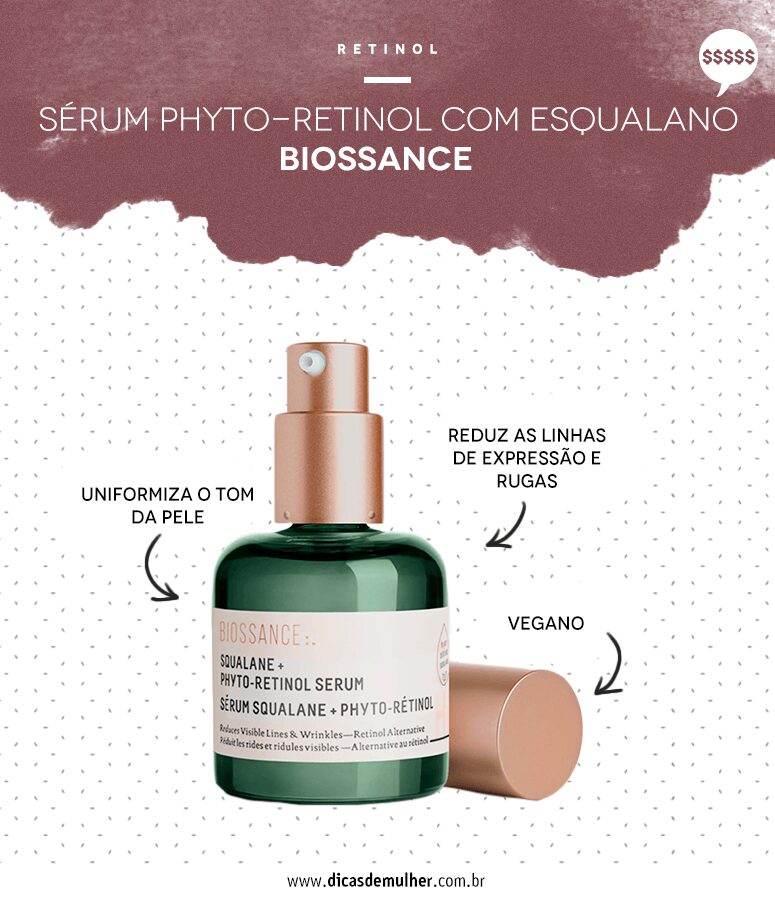

Related: 4 Summer Skin Care Products Dermatologists Want You to Use, Including Antioxidants and Retinol Elbuluk, "and lock in the moisture after a bath, or shower, or swim." "You want to use things that are going to help repair the skin barrier," says Dr. Regardless of your moisturizer's weight, look for hydrating, nourishing ingredients like ceramides, glycerin, hyaluronic acid, and squalene. "In general, many people are able to get away with using lotions in the summer-people in drier climates, especially if they are prone to eczema or dry skin, may need something a little bit thicker," says Dr. The formula that's right for you depends on a variety of factors, including your skin's baseline moisture level the humidity of the climate where you live how much time you spend in the water and which part of your body you're treating, says Nada Elbuluk, a board-certified dermatologist and the associate professor of dermatology at Keck Medicine of USC (she is also the director of the school's Skin of Color and Pigmentary Disorders Program).

It goes from defense mode into repair mode-and that's setting you up for skin health." Decide If You Need a Light or Heavy MoisturizerĬhoosing a moisturizer-in any season-means deciding between a thicker product, like petroleum jelly or an emollient cream, or a lighter, water-based lotion or gel. "When your skin is hydrated and the barrier is intact, your skin can redirect its energy toward repairing your healthy collagen and elastic fibers, rather than fighting inflammation. "Your skin often looks instantly healthier when you apply a hydrating product," says Dr. Using the right moisturizer for your skin type helps rebuild collagen, brighten skin, and reduce the signs of aging. If you find yourself prone to dry skin in the summer-whether due to the environment or plain old genetics-adjusting your face or body moisturizer is a simple first step.
Sente retinol how to#
Related: From Lotions and Gels to Creams and Ointments, Consider This Your Ultimate Guide to Facial Moisturizers How to Choose the Right Moisturizer for Summer "That process can also contribute to dry, irritated patches of skin." "People who use self-tanner often exfoliate to prep skin and then exfoliate again to remove that uneven tan that appears just days after application," says Dr. That aggressive cleansing routine alone can dramatically strip our skin of its natural oils and damage the skin barrier."Ī regular self-tanning routine can also contribute to dry skin.

"Furthermore, for those of us who spend the day at the beach or pool, we often lather up more aggressively at the end of the day in an effort to remove all of that grimy sunscreen, sweat, and sand. "Swimming in chlorine and long days in the sun can dry out our skin," says Dr. Swimming, Sunscreen, and ScrubbingĪnother common cause of summer dry skin: The increase in swimming, sunscreen-ing, and showering that goes along with afternoons at the pool and weekends at the beach. "Hot, dry air, like the desert, or cold, dry air from an air conditioner will suck water from your skin, leaving it dried out," says Dr. In the summer, artificially cooled indoor air and sun-saturated outdoor air are often so low in humidity that they impact your skin's moisture levels. But not every region experiences humidity come June-and there are other seasonal aggressors that can lead to excess skin dryness. When the air around you is moist or humid, your skin won't dry out as quickly, explains Dr. Related: A Step-by-Step Summer Skin Care Routine, Courtesy of Dermatologists The Causes of Dry Skin in the Summer "It is the perfect recipe for visibly dry skin that will feel rough to the touch," says Heather Rogers, MD, FAAD, a board-certified dermatologist with Modern Dermatology in Seattle, Wash. "But dry skin in the summer is not only possible, it's a fairly common issue."Īlong with the season's drier air, your summer routines- dips in the pool, trips to the beach, extra sunscreen applications, and long showers to scrub off all the sand, chlorine, and SPF-can lead to coarse, flaky, and dull skin. "We often link dry skin with cold, dry, wintery weather and harsh indoor heating," explains Whitney Bowe, MD, a board-certified dermatologist based in New York City. Hydrating your skin from heels to T-zone is just as important in the summer as it is during the winter, since dry skin can happen whatever the temperature.


 0 kommentar(er)
0 kommentar(er)
